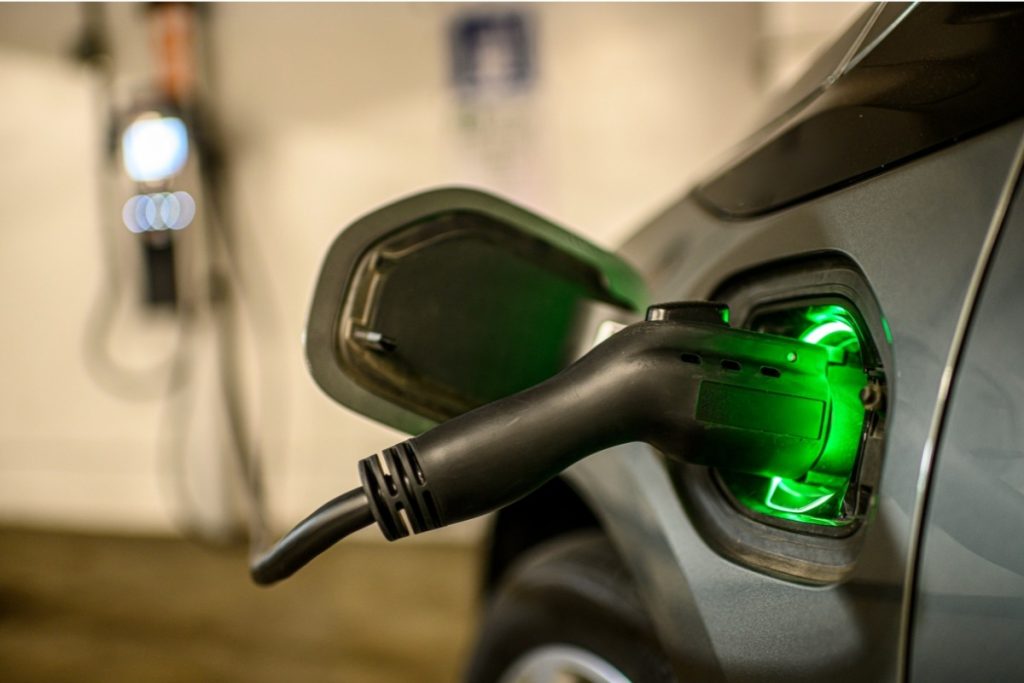A fire that left many South Koreans in a panic about the reliability of electric vehicles has prompted the country to take unprecedented measures to assuage public fears over battery safety.
Earlier in 2024, an unplugged Mercedes-Benz electric sedan caught fire and exploded, destroying an underground car park in Incheon, west of Seoul. The blaze left more than 200 families homeless for weeks and took firefighters more than eight hours to extinguish.
The incident quickly soured public perception of battery-powered cars, with most news coverage and social media posts focused on the risk of EV fires and South Korea’s lack of safety regulations. Discussions among car manufacturers and lawmakers followed, leading the government to announce an overhaul of EV policies in early September.
The new regulations mandate carmakers disclose the brands of their batteries, expand safety inspections for existing EVs, and prevent vehicles from being fully charged.
The government has also introduced a state-run certification system. The pilot project has been running since mid-October with five companies taking part.
The project aims to improve EV safety by having the government examine and certify batteries before installation. Previously, EVs were sold without third-party safety tests. Under the new system, agencies like the Korea Automobile Testing and Research Institute will test batteries before installation to ensure they meet certification standards.
Carmakers and cell manufacturers must now disclose battery type (prismatic, pouch, or cylindrical) and raw materials used.
Officials say the pilot will give consumers significantly more information when purchasing an EV. Full implementation is expected from February.
New buildings must now feature enhanced fire monitoring systems and more fire-resistant materials. Smaller fire trucks will be deployed nationwide starting next year to access underground lots—critical in high-density flats where most Koreans live and charge vehicles underground.
The government pledged to work with its EV safety task force through year-end to develop further fire-risk mitigation measures.

